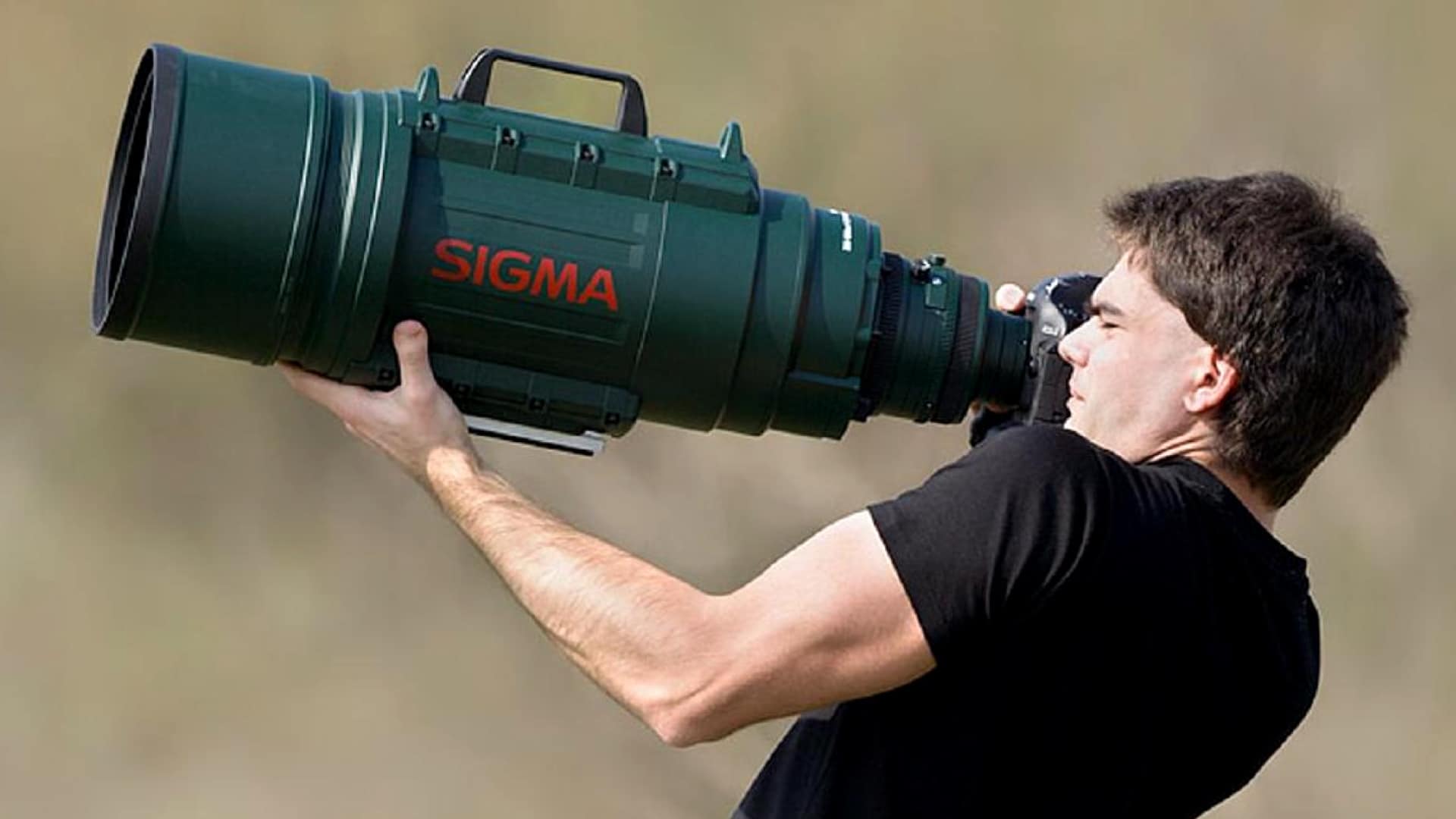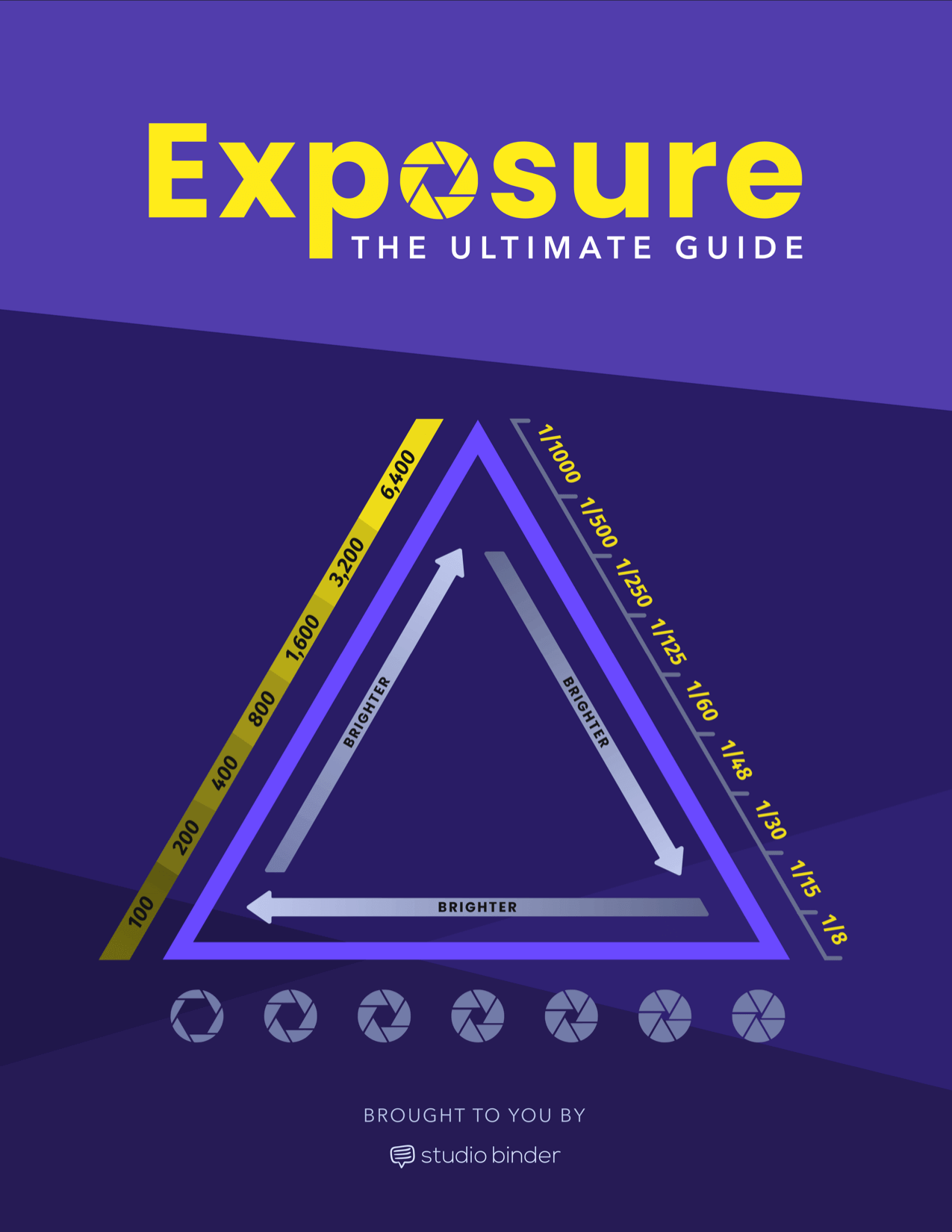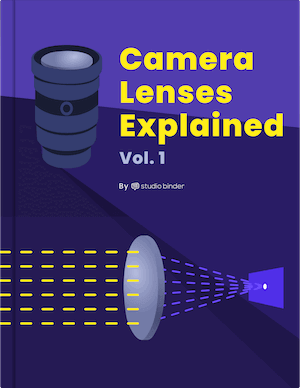Telephoto lenses are used by photographers from every skill level and in various situations. In other words, have a telephoto lens in your kit is a must. They’re a lifesaver when it comes to shooting distant subjects, but serve quite a few other purposes. In this post, we’ll outline some advantages of going with a telephoto lens, and what to consider when shooting with one. But first, what is a telephoto lens?
Telephoto Definition
What is telephoto?
The technology inside a telephoto lens is similar to a telescope. They’re nearly the same size and both can capture images very far away. So, what are they exactly?
TELEPHOTO LENS DEFINITION
What is a telephoto lens?
A telephoto lens has a longer focal length than a standard lens, yielding a magnified image and a narrow field of view. A telephoto lens allows you to photograph a subject that is far away. Typically, a lens is considered "telephoto” if its focal length is 60mm or longer.
A telephoto lens is not always a zoom lens but can be. A zoom lens is a lens with an adjustable focal length. A fixed focal length lens is referred to as a prime lens. Telephoto lenses can be either zoom or prime lenses. Telephotos come in a variety of focal lengths from “medium telephoto” (70-200mm) and “super telephoto” (longer than 300mm).
WHAT IS A TELEPHOTO USED FOR?
- Bring far away subjects closer to the camera
- Emphasize blurred backgrounds
- Longer focal length is great for portraits
- Great for landscape photography
Watch this brief video on telephoto lens and how to shoot with them, before we explore the uses of the telephoto lens.
3 uses for a telephoto lens
As the video explains, there are distinct advantages for using a telephoto lens in certain situations. These are considerations photographers and cinematographers are making all the time.
Before we get into the pros and cons of telephoto lenses, take a minute to download our FREE Ebook — Camera Lenses Explained Vol. 1 — where we cover everything you need to know about the different types of camera lenses, their unique visual characteristics, and how to use them.
Free downloadable bonus
FREE Download
Camera Lenses Explained
Every type of camera lens has distinct qualities and visual characteristics that every image-maker should understand. Download our FREE e-book to get in-depth explanations on prime vs. zoom lenses, anamorphic vs. spherical lenses, wide angle, standard, telephoto and even specialty lenses that all tell a slightly different story.
WHAT DOES A TELEPHOTO LENS DO?
Use a long lens to bring objects closer
Using a longer lens can be helpful when shooting a variety of different subjects. Wildlife comes to mind, epic massive landscapes, even sports photography. But there are a few other reasons that make the list, let’s see what they are.
Telephoto lenses brings distant subjects closer
This is the first function of telephoto, and an obvious reason many opt for this longer lens. The telephoto lens brings the background closer to the foreground. Which is extremely valuable when trying to get footage of far away action, or things you may not want to get close to.
Wildlife, epic landscape shots encompassing mountain ranges and valleys, and even sporting events, are captured best with telephoto lenses for this reason.



Taken with Sigma 150-600mm, see image source
Emphasize Blurred Backgrounds
If you read our articles on depth of field or even aperture, you’ll recall how a large or wide aperture yields a shallow depth of field, meaning everything but the subject is blurred.
Typically, the longer the lens and the wider the aperture, the more blurred background effect you’ll get. But it’s not so much about the lens, as it is about the distance telephoto allows you to shoot from. When you shoot from far away, the resulting image compresses the subject, as it brings the background closer to the subject.
And when the background is blurred, this isolation of the subject, makes it great for portraits.

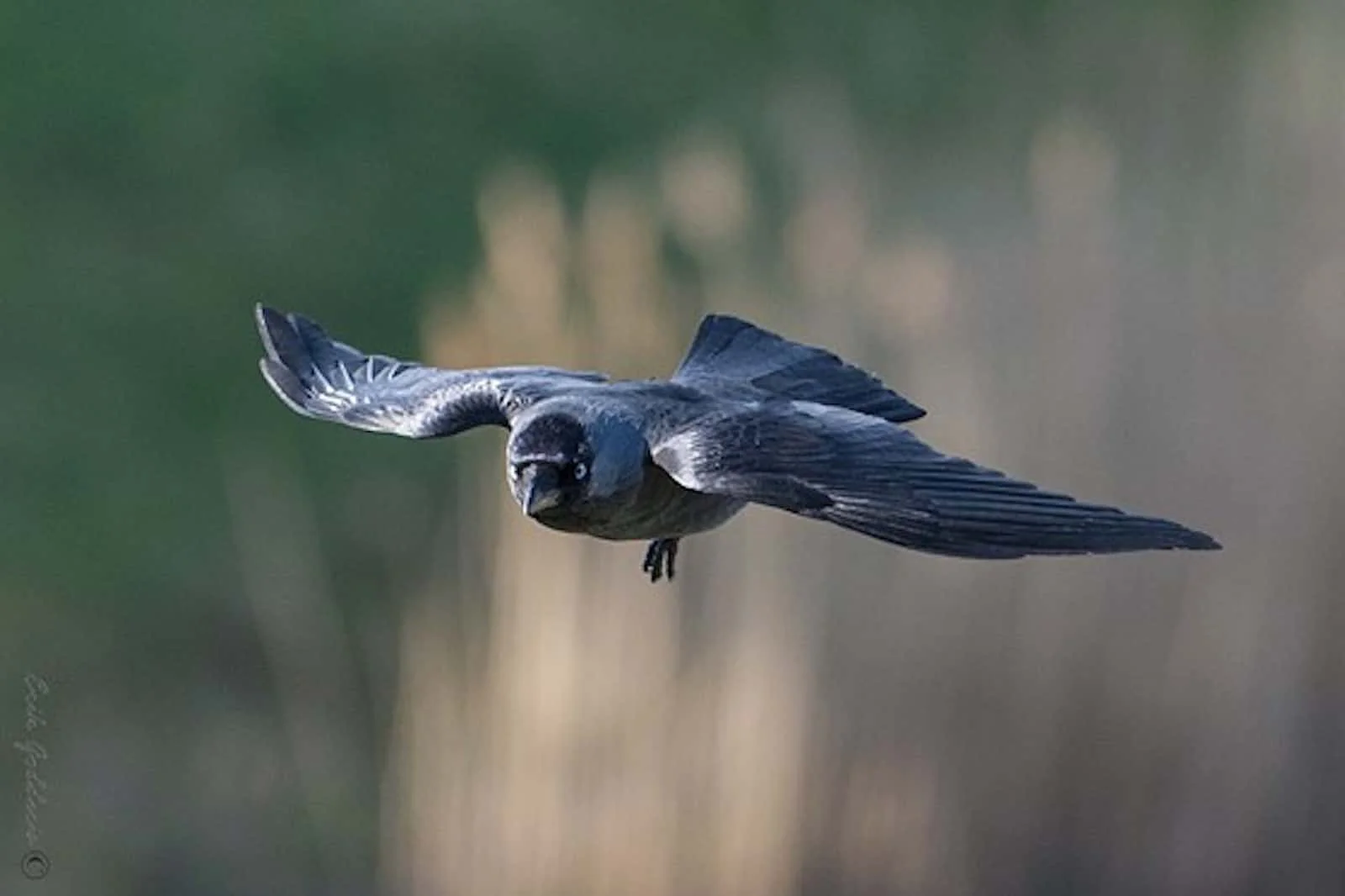

Notice the blur with this 260mm focal length
Telephoto and Portraits
As mentioned above, using a telephoto lens compresses or shrinks the subject. The subject will appear smaller in the image relative to what’s in the background. This compression can actually make facial features more congruent and proportional.
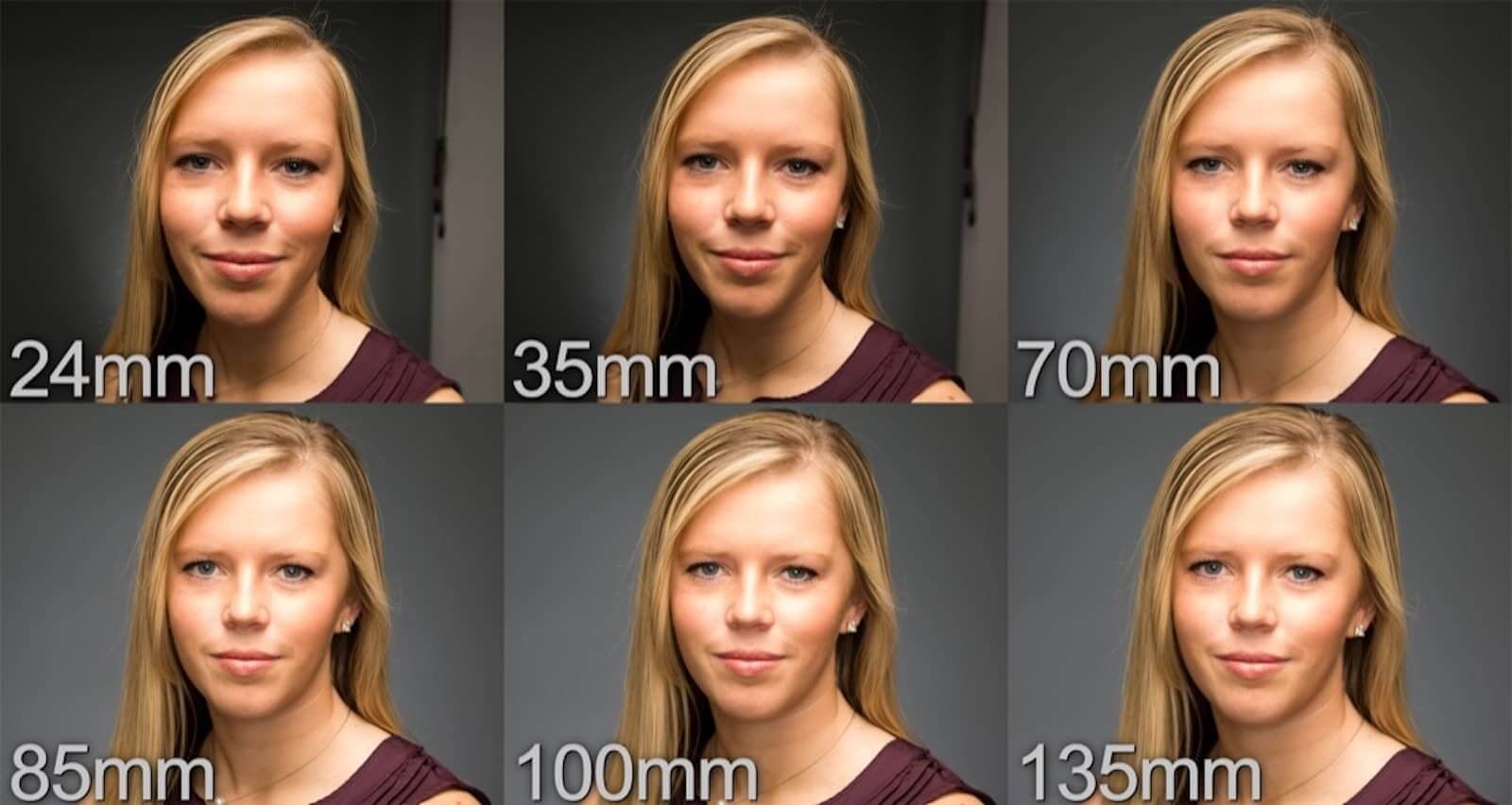
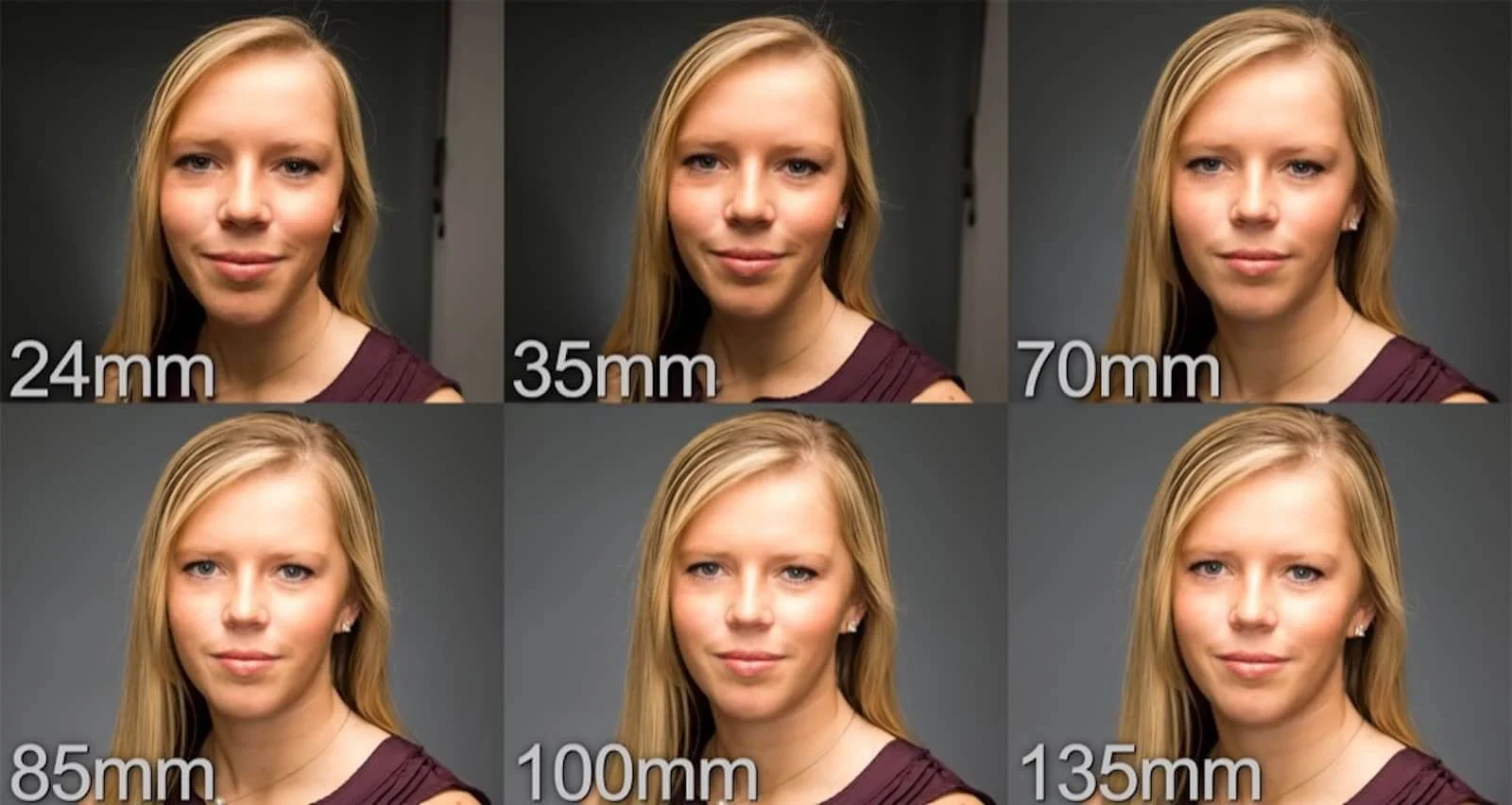

Focal length affects facial features, see source image
How many times have you snapped a picture only to whine that “the picture just doesn’t do it justice.”
Now no matter the “it” in your situation, you’re right, the picture probably looked worse than what you saw.
And that can’t always be fixed, but a common reason why that happens is because you’re simply too far away from what you’re capturing.
There is, of course, a million other reasons, like lighting, and other camera considerations, but keep track of when a telephoto lens could remedy the issue.
Free downloadable bonus
FREE Download
Camera Lenses Explained
Every type of camera lens has distinct qualities and visual characteristics that every image-maker should understand. Download our FREE e-book to get in-depth explanations on prime vs. zoom lenses, anamorphic vs. spherical lenses, wide angle, standard, telephoto and even specialty lenses that all tell a slightly different story.
Related Posts
Up Next
What is shutter speed?
Knowing about telephoto lenses is only helpful if you know the lens considerations that enable their full potential. Shutter speed is one of the most critical considerations.
Up Next: What's shutter speed →
Showcase your vision with elegant shot lists and storyboards.
Create robust and customizable shot lists. Upload images to make storyboards and slideshows.
